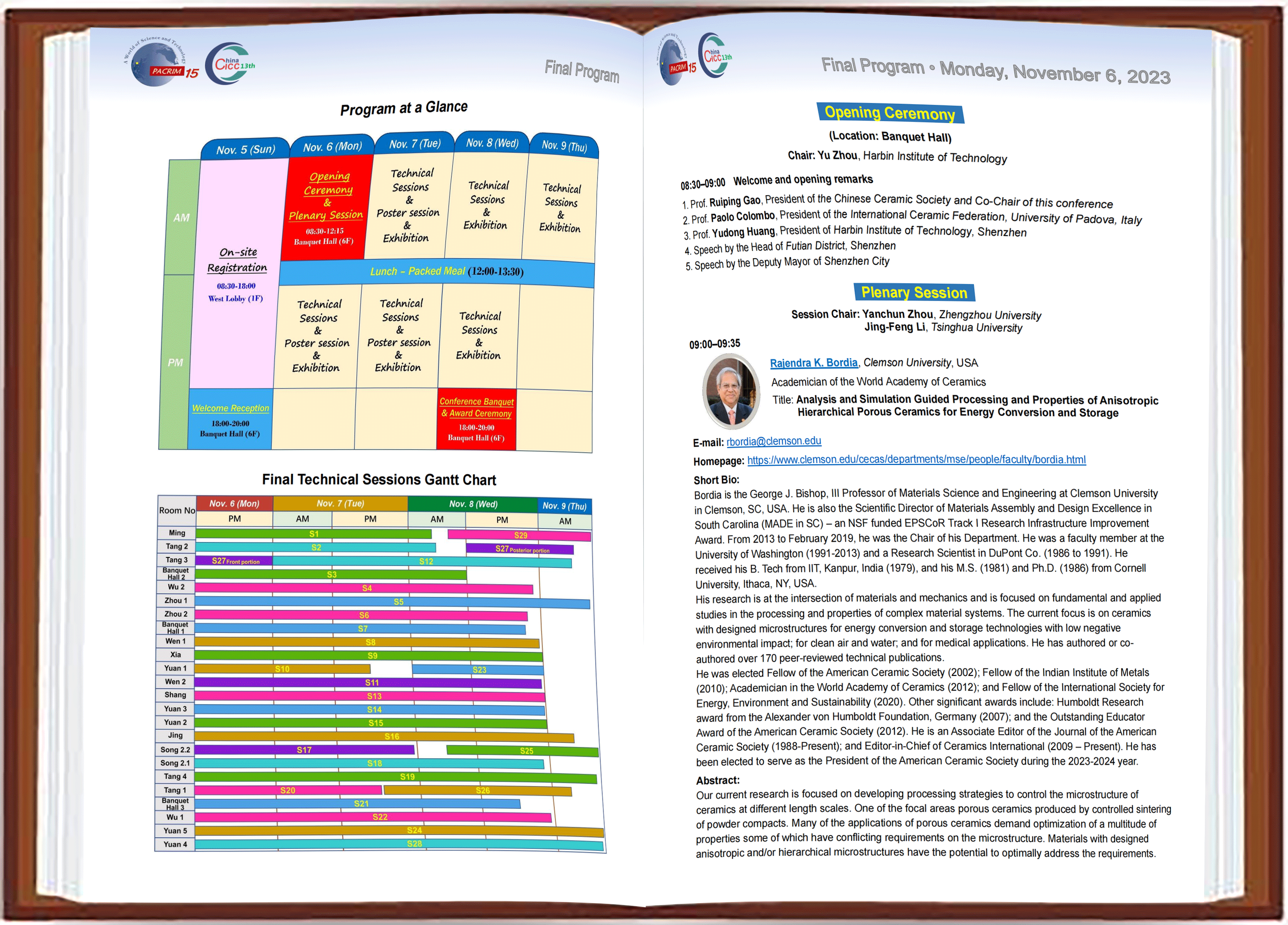Home >Symposium

- Registration is NOW OPEN! The early-bird deadline is Sep. 30, 2023. Please don't miss out on the early registration rate! Aug. 21, 2023
- Abstract Submission has been extended to Aug. 15, 2023! Take advantage of the LAST OPPORTUNITY to submit and present your research at the PACRIM15 & CICC-13!
- 3rd announcement-call for abstracts (full-text version)
- 3rd announcement-call for abstracts (short version)
- 2nd announcement-revised version
Venue & address
Contact us
Symposium 1
Virtual Materials Design and Ceramic Genome
As we approach the new era of explosive generation of big data and creative concept of high-throughput modeling and design, artificial intelligence and machine learning, we may envisage a completely different paradigm for advancing new knowledge and discovery of ceramic materials. This symposium will focus on the fronties of modeling advancements on the fundamental understanding and improvement of ceramic performances, the discovery of new ceramic materials, and the design of structural ceramic components. A broader perspective will be discussed on the key challenges and opportunities for modeling related science and technology in accelerating materials innovation and creating sustainable development. Key topics include high throughput design and characterization, informatics and machine learning, and modeling of ceramics and composites with different approaches in both computational research and experimental measurements across the length and time scales so as to further optimize their behavior and facilitate the design of new structural and functional ceramics and composites with tailored properties.
Proposed sessions
| ª | High-throughput design and characterization |
| ª | Informatics and machine learning |
| ª | Multi-scale modeling of processing, microstructure and performance |
| ª | Modeling of structure and property of ceramics and composites |
| ª | Modeling defects and amorphous matter |
| ª | Modeling of surfaces, interfaces, and grain boundaries at multiple scales |
Organizers
| - | Jingyang Wang (Points of Contact), Institute of Metal Research, Chinese Academy of Sciences, China, jywang@imr.ac.cn |
| - | Bin Liu (Points of Contact), Shanghai University, China, binliu@shu.edu.cn |
| - | Wai-Yim Ching, University of Missouri-Kansas City, USA |
| - | Hyung-Tae Kim, Korean Institute of Ceramic Engineering and Technology, Korea |
| - | Zhiheng Huang, Sun Yat-sen University, China |
| - | Kwang-Ryeol Lee, Korea Institute of Science and Technology, Korea |
| - | Shuzhou Li, Nanyang Technological University, Singapore |
| - | Jian Luo, University of California San Diego, USA |
| - | Katsuyuki Matsunaga, Nagoya University, Japan |
| - | Isao Tanaka, Kyoto University, Japan |
| - | Gerard L. Vignoles, University of Bordeaux, France |
| - | William J. Weber, University of Tennessee, USA |
Keynote Speakers
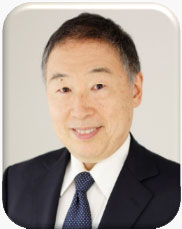 |
|
|||||||
|
calculations and data-centric science with a special interest in applying state-of-the-art theoretical tools for issues in materials science and engineering. In parallel to the theoretical works, he shows leading-edge activities also in experimental works to realize novel inorganic compounds and to characterize the nano/micro-structures of materials using atomic resolution electron microscopy and advanced synchrotron facilities. His publication list can be found at http://www.researcherid.com/rid/B-5941-2009.
His research field includes but is not limited to the following subjects: 1) Data-centric approaches in materials science 2) Statistical thermodynamics of materials from first principles 3) Materials science of energy conversion devices 4) Fundamental issues of structural materials 5) Design and characterization of advanced oxides, nitrides, and related materials |
||||||||
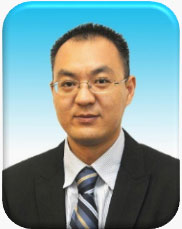
|
|
|||||||
|
Department of Mechanical Engineering. He received his Ph.D. degree from Peking University in 2013. Dr. Zhao's current research focuses on chemically disordered materials (in other words, high-entropy materials) through a combination of computational materials science and machine learning techniques. Specifically, his group aims to understand surface effects, defect thermodynamics, and defect evolution in different materials under deformation or irradiation conditions. For this purpose, different simulation techniques at different scales are concurrently or sequentially employed. He has authored or co-authored more than 100 technical papers in different scientific journals, including Joule, Mater Today, Nat Comm, and Acta Mater, with more than 4600 citations and a H-index of 37. Dr. Zhao was in the list of Career-long top 2% highly cited researchers worldwide in the field of Engineering published by Stanford University in 2021 and 2022.
|
||||||||
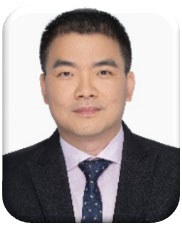
|
|
|||||||
|
for Architectures, Wuhan University of Technology. He received Ph.D. degree in 2011 from the Huazhong University of Science and Technology. He worked at University of Cambridge as a visiting professor in 2016–2017. His current research interests focus on amorphous materials and MXene-based materials for energy conversion and storage. He has published >250 peer-reviewed papers, and be cited over 14000 times, with H-index of 64. He serves on the editorial boards/young advisory board of Materials Horizons, Advanced Powder Materials, Nano-Micro Letter, Journal of Inorganic Materials, Acta Physico-Chimica Sinica, etc.
|
||||||||
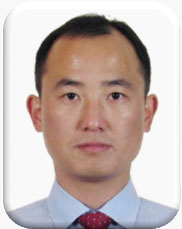
|
|
|||||||
|
since 2021. In 2006, he graduated in the major of composite materials and structures from HIT, and was recommended for admission to Center for Composites Materials and Structures at HIT for his PhD degree in the major of engineering mechanics. In 2012, he got his PhD degree and a position as a lecture at HIT. Funded by the first (2013) International Postdoctoral Exchange Fellowship Program, he conducted 2-year postdoc research in Imperial College London and Nanyang Technological University from 2014 to 2016. Since 2009, his 44 papers have been published in the international journal including Acta Mater., J. Am. Ceram. Soc. and so on, with the total citations of 1663 and H-index of 24, and 20 keynote/invited talks have been delivered in conferences. He got the first-class Science and Technology Awards (Natural science) of Heilongjiang province in 2019, and has served as associate editor of J. Am. Ceram. Soc. and member of editorial committee of J. Adv. Ceram. and referee for 35 international journals.
|
||||||||
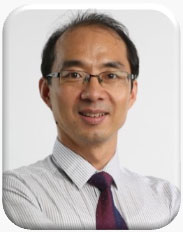
|
|
|||||||
|
University, Peking University, and University of Wisconsin, respectively. After working as a postdoc in Northwestern University, he joined in Nanyang Technological University. Currently, he is an associate professor in school of materials science and engineering and his research interests are theoretical and computational material science. He has been focused on (1) Heterogeneous Catalysis; (2) Machine Learning in Materials Discovery; (3) Assembly of Nanostructures.
|
||||||||
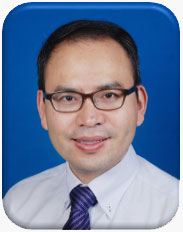
|
|
|||||||
|
Xi'an, where he holds the deputy director position of the State Key Laboratory of Solidification Processing. His research focuses on development and applications of materials genetic technics, with an emphasis on design of electronic and energy materials. Junjie obtained his B.Sc., Master and Ph.D. in Materials Science at Northwestern Polytechnical University from 1998-2010, conducting research under the supervision of Prof. Academician Litong Zhang. This was followed by a CNRS postdoctoral fellowship at IEMN (Institute of Electronics, Microelectronics and Nanotechnology) in the group of Prof. Isabelle Lefebvre from 2010 to 2012. Then he worked as a joint postdoc of University of Antwerp and VITO from 2012-2013 in Belgium. He was awarded the 2013 JSPS (Japan Society for the Promotion of Science) research fellowship and spent two years at NIMS as a JSPS research fellow. He held his first faculty position at the Tokyo Institute of Technology, Tokyo, from 2016 to 2018, before returning to China.
|
||||||||
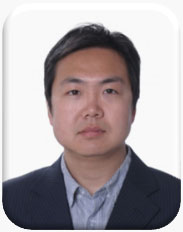
|
|
|||||||
|
Research (IMR), Chinese Academy of Sciences (CAS). He earned B. S. degree from China University of Mining and Technology in 2005 and received his Ph. D. degree in materials sciences from IMR in 2011. He worked in High-performance Ceramics Division (merged to form new Advanced Ceramics and Composites Division in 2018) in IMR firstly as assistant professor from 2011 to 2015 then as associate professor from 2015 up to now. His research is focused on theoretical investigation of phase stability, defect structures, mechanical properties, thermal properties of advanced ceramics applicated under extreme environment using multi-scale modeling methods including first-principles, molecular dynamics and finite element method.
|
||||||||
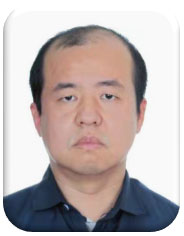
|
|
|||||||
|
Chinese Academy of Sciences in 2010. He subsequently worked as a postdoctoral research associate at Kyoto University, at Oak Ridge National Laboratory and at University of Tennessee. He is now a professor in the School of Materials Science and Engineering at Shanghai University. His research focuses on the advanced ceramics used in extreme environments, including the intrinsic correlation of structure/chemical-bonds and mechanical/thermal properties, defect stability and diffusion mechanisms under complex environments, together with their influences on performance.
|
||||||||
Invited Speakers
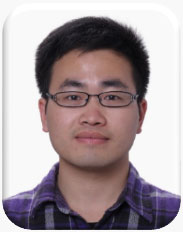
|
|
||||
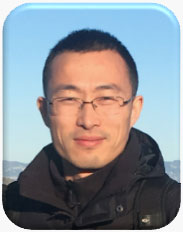
|
|
||||

|
|
||||

|
|
||||
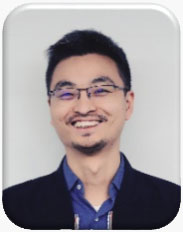
|
|
||||
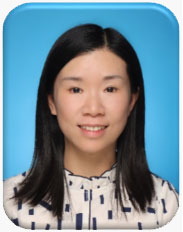
|
|
||||

|
|
||||
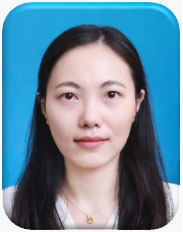
|
|
||||
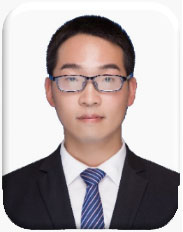
|
|
||||
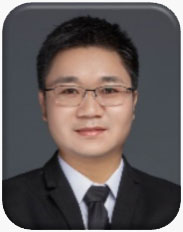
|
|
||||

